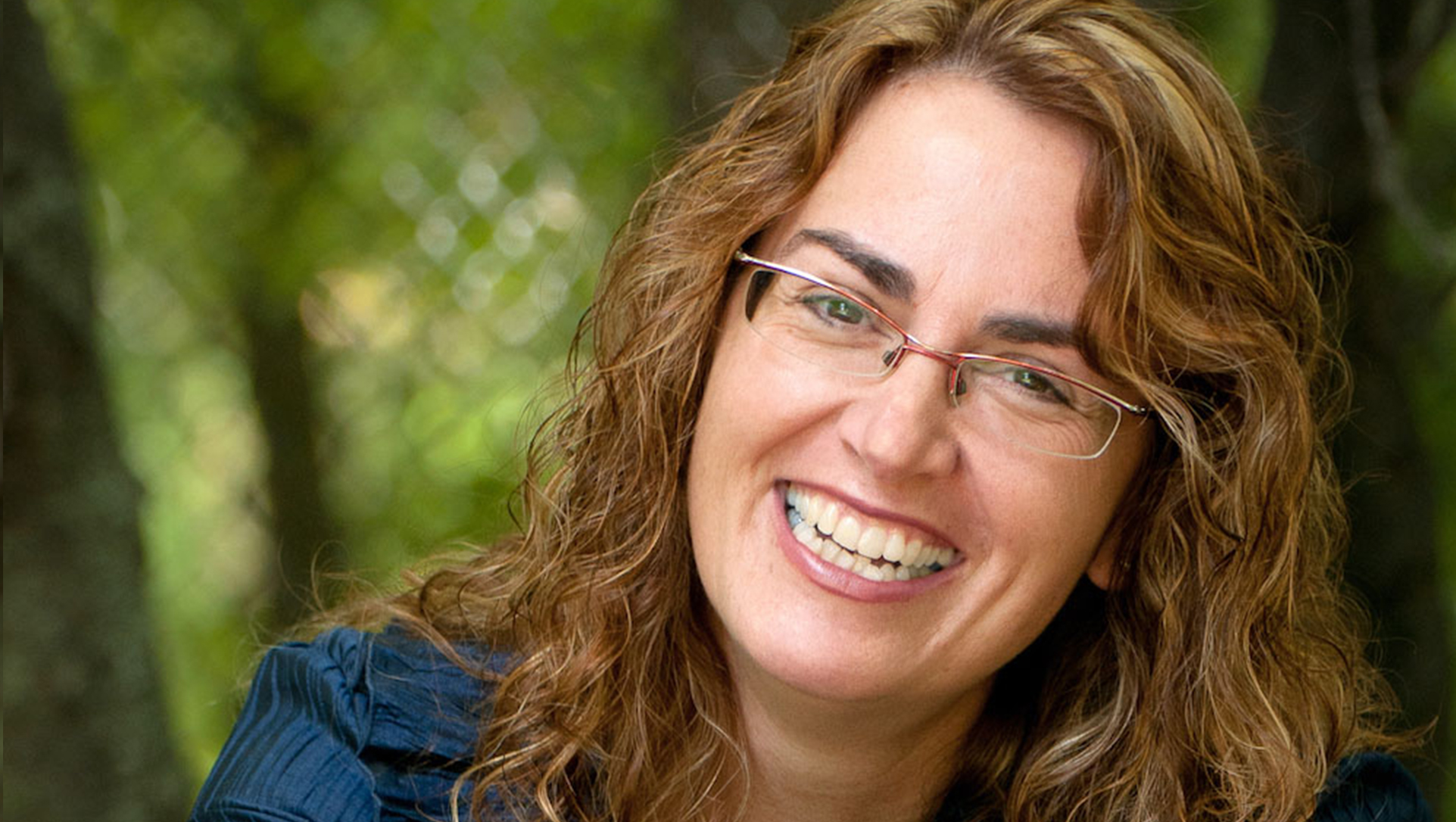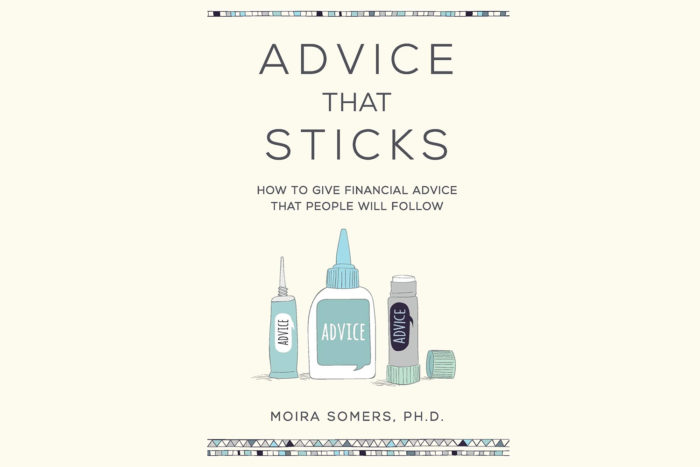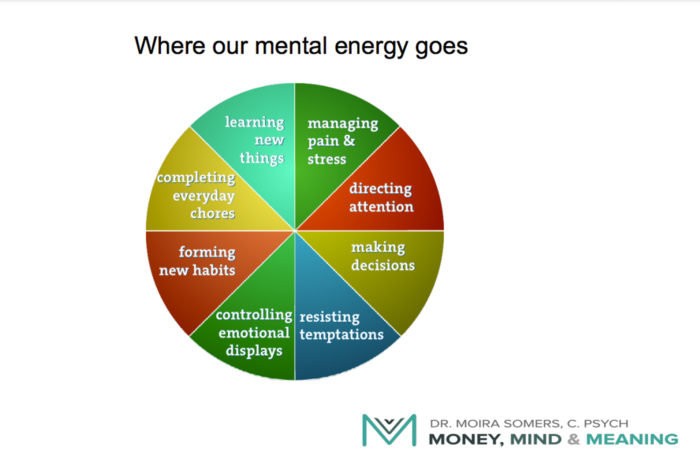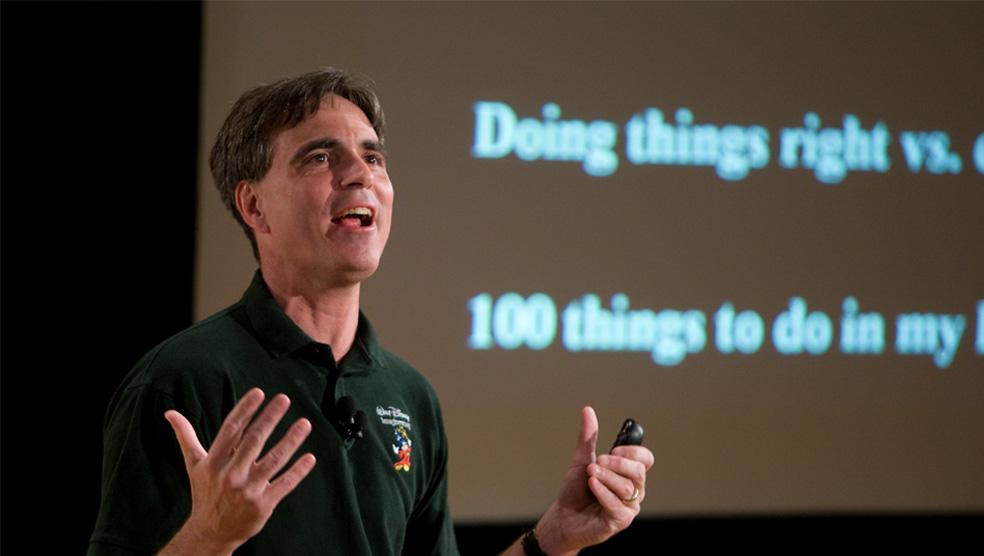This Summer, Meet Dr. Moira Somers

Dr. Moira Somers is a Financial Psychologist. Her book “Advice That Sticks” (How to Give Financial Advice That People Will Follow) tackles, head-on, the problem of unimplemented financial advice. At first glance then, it appears to really only be relevant for people who are paid to give financial advice. But Dr. Somers’ book is a resource for people working in all sorts of places, not just banks. Even high school teachers and former analysts who teach middle school students about the awesome power of thinking before buying have been known to quote her!
The broader appeal of financial psychology actually makes a lot of sense when you consider David Krueger’s famous statement that the longest relationship most of us have, is with money. It begins before we are born in terms of the prenatal care our mothers receive, and ends after we die via our funerals. “Advice That Sticks” is full of insights just like this one. But perhaps our favourite is Dr. Somers’ mental energy pie chart.
“Advice That Sticks” is full of insight, but our favourite is Dr. Somers’ brilliant description, and illustration, of the eight main places our mental energy goes. (Please do not reproduce the mental energy pie chart without the permission of Dr. Moira Somers.)


We use Dr. Somers’ mental energy pie chart to explain why thinking before buying is such an important skill and habit to give children. As Dr. Somers spells out, mental energy is finite within a given time period. And exactly like a pie you’d serve for dessert, your mental energy pie doesn’t get bigger just because “more people are coming for dinner”.
You know how it sometimes goes with kids…right in the most stressful stretch of your day, they’ll come to you with a “Dad, can I…buy these shoes…go to the game…?” Just think of all the precious mental energy that parents and children alike could save, if families valued, and practiced, the habit of thinking before buying.
Children who calculate the DIMS SCORE® for possible purchases are able to avoid asking for things they may not ever actually use or appreciate. In this way, thinking before buying truly helps young people economize on resisting temptations and controlling emotional displays. If you know you can assess whether or not you’ll really use and appreciate something, before you buy it, FOMO (Fear Of Missing Out) isn’t that scary anymore. Is it?
We see kids change their minds about wish-list items all the time at Gifting Sense. We also see them experience shock and awe when their parents quickly get behind a request that is “wrapped” in thought and advance planning. That pleasant surprise (the one kids experience when a parent says “Sure!”) also gives credibility to the claim that thinking before buying does NOT mean that you never get to buy anything fun. (What it does mean – is that you plan your spending, hopefully avoid buyer’s remorse, and just as importantly, avoid adding too many more “gently-used” articles of clothing or toys to landfills.)
Unfortunately, just like a pie you’d serve for dessert, your mental energy pie doesn’t get bigger just because “more people are coming for dinner”. Which is why stressful times are so stressful – you can’t help but “spend” more precious mental energy on the challenging area of your life – but the remaining areas don’t automatically demand less.
The final proof this book has something for everyone? How about the conclusion that genuine warmth is the first necessary precondition to creating an environment in which “advice can stick”. Thanks for that Dr. Somers. And thank you for your recommendation that we read “Scarcity”. By taking the time to write to us, you quietly demonstrated not only your own beliefs, but also Ezra Klein’s, which is that “…cooperation is humanity’s superpower”.
To learn how to give your children or students the habit of thinking before buying, click on the pink or green buttons below.




